Some NI egg producers who have contracts in place to supply Stonegate Farmers Ltd maintain they have been threatened with potential legal action by the Wiltshire-based egg packing company.
In correspondence seen by the Irish Farmers Journal, one individual was told that if he followed through in threats to breach his original egg supply agreement, Stonegate would be entitled to terminate the agreement and sue for damages in respect of its losses. These losses are currently estimated at £400,000 to £500,000.
Stonegate Farmers Ltd is part of Stonegate Food Group Ltd, a company owned by Adrian Gott that specialises in the supply of free-range and organic eggs to major UK retailers, including Tesco, Sainsbury’s and Waitrose. Gott has owned Stonegate since 2016.
Two groups
There are understood to be two distinct groups of suppliers to Stonegate in NI.
The first were recruited in 2019 and number over 20 suppliers, who collectively have around 420,000 birds. A second group has recently been recruited in the west.
Those in dispute with Stonegate are in the original group. They initially committed to a contract to supply eggs across two flocks of birds (for effectively four years).
A spokesperson from the group said the returns made were initially good, although there were some concerns by the time contracts were up for renewal in early 2023.
Gott travelled to NI in February 2023 to meet the group and convinced them to sign for a further two flocks. However, relations have soured since then, and according to the spokesperson, all (except one) now have their notice in to leave.
At the heart of the issue is the February meeting, when an agreement was reached for the next two flocks, with graded egg prices set at 140p/dozen and the price continuing to be linked to a feed-tracker (if feed goes above £375/t, the egg price will rise).
However, the key issue of contention is that the group maintain they were given a commitment that if the wider egg market moved ahead, this would be reflected in the price paid by Gott.
“It was on the strength of those commitments that we all signed up. I left that meeting expecting our March price would be 152.5p/dozen. The 152.5p never came. My latest average price was just over 138p,” the spokesperson said.
Meanwhile, he maintained that most egg producers in NI are currently getting between 160p and 170p/dozen for eggs, with some packers paying into the 180s.
He also believes the new group of suppliers to Stonegate in the west of NI might be receiving much higher prices than him.
“We are on a contract that tracks feed prices, but when you add in higher costs for labour, insurance, fuel and electricity, we are 10p behind costs of production. We feel we have been badly treated,” the spokesperson said.
He said that members of the group have not been able to make contact with Gott, and the company has no representative on the ground in NI.
“He (Mr Gott) has been in NI to set up that new supply chain, but didn’t make any effort to come to speak to us,” said the spokesperson.
Lion Code
A separate issue is the Lion Code of Practice egg scheme, managed by the British Egg Industry Council (BEIC).
The vast majority of UK eggs are marked with a Lion Quality stamp, however, the registration for each producer is held by the packer of the eggs.
“We effectively can’t leave, because he [Mr Gott] holds our Lion Code registration,” said the spokesperson.
With notices in and legal threats served, it is understood that one producer has utilised a clause in his contract to approach the National Farmers Union president, Minette Batters, asking her to appoint an arbitrator to help deal with his contractual dispute with Stonegate.
Ms Batters has proposed appointing Anthony Glaister, an independent mediator and dispute resolution adviser.
UK-wide consultation on egg contracts
Back in May 2023, the UK government announced it was to undertake a review into fairness within the egg supply chain and has now followed this up with a public consultation on the issue, which runs until midnight on Friday 23 December 2023.
The consultation document makes clear that it is being taken forward in response to concerns raised that primary producers tend to occupy positions of relative market weakness in the egg supply chain.
The overall purpose is to gather evidence about how supply arrangements currently function and how they might be improved.
Contracts
Among the areas covered in the consultation are questions about whether producers have written or verbal contracts, how changes are made to contracts, the duration of the contracts and if the contracts are always honoured.
Respondents are also asked if they think legislation is required to ensure the main outline of a contract is kept consistent across the supply chain.
On the issue of pricing, the consultation asks about the mechanism used to set the price (eg, a feed-tracker or a price based on costs of production) and whether the premiums and deductions applied, due to grading of eggs, are clear and unambiguous.
There are also questions in the consultation relating to dispute resolution, the potential impact of legislation to create fairer supply chains on business and consumers, and how long the industry should be given to comply if new legislation is introduced.
Growth in free-range eggs to Britain
As well as Stonegate, a number of other egg packers based in Britain now source from NI, including Derby-based Bowler Eggs and St Ewe Eggs in Cornwall.
Back in the spring of 2023, Yorkshire-based Chippindale Foods, who supply eggs to Morrisons, also confirmed it was on a recruitment drive in NI.
With competitive terms on offer to sign up, there has been a gradual drift away from some local egg packers and processors, including Skea Eggs and Ready Egg Products. It is understood that Moy Park has also lost some producers that supplied it with eggs for hatching.
The latest DAERA egg packers survey, published in August 2023, but relating to the situation in November 2022, showed that 1.429m free-range birds in NI are producing eggs for onward shipment to packers based in Britain.
That represents 27% of all free-range birds placed in NI.
The November 2022 total was more than double that from November 2018.
Boom and bust in egg supply chain
In September 2023, the British Free Range Egg Producers Association (BFREPA) submitted written evidence to a Westminster committee enquiry into fairness in the food supply chain.
Blame
Within that evidence, the association put the blame for on-going shortages in eggs (which has driven up prices) firmly at the door of major UK retailers, who had failed to compensate producers when wheat prices doubled due to the Russian invasion of Ukraine.
BFREPA warned retailers that producers would go out of business and shortages would result, but those warnings were ignored.
‘Dysfunctional’
short-term pricing
“The UK’s egg supply chain is dysfunctional and inefficient, characterised by boom and bust, which leads to gluts and shortages in supply.
“This is due to the short-term pricing policies of dominant retailers, which ignores long-term availability and supply issues,” stated the BFREPA.
The association said it wanted more transparency in existing contracts and risk shared across all links in the supply chain, with an arbitration body in place to ensure contracts are managed fairly.
Some NI egg producers who have contracts in place to supply Stonegate Farmers Ltd maintain they have been threatened with potential legal action by the Wiltshire-based egg packing company.
In correspondence seen by the Irish Farmers Journal, one individual was told that if he followed through in threats to breach his original egg supply agreement, Stonegate would be entitled to terminate the agreement and sue for damages in respect of its losses. These losses are currently estimated at £400,000 to £500,000.
Stonegate Farmers Ltd is part of Stonegate Food Group Ltd, a company owned by Adrian Gott that specialises in the supply of free-range and organic eggs to major UK retailers, including Tesco, Sainsbury’s and Waitrose. Gott has owned Stonegate since 2016.
Two groups
There are understood to be two distinct groups of suppliers to Stonegate in NI.
The first were recruited in 2019 and number over 20 suppliers, who collectively have around 420,000 birds. A second group has recently been recruited in the west.
Those in dispute with Stonegate are in the original group. They initially committed to a contract to supply eggs across two flocks of birds (for effectively four years).
A spokesperson from the group said the returns made were initially good, although there were some concerns by the time contracts were up for renewal in early 2023.
Gott travelled to NI in February 2023 to meet the group and convinced them to sign for a further two flocks. However, relations have soured since then, and according to the spokesperson, all (except one) now have their notice in to leave.
At the heart of the issue is the February meeting, when an agreement was reached for the next two flocks, with graded egg prices set at 140p/dozen and the price continuing to be linked to a feed-tracker (if feed goes above £375/t, the egg price will rise).
However, the key issue of contention is that the group maintain they were given a commitment that if the wider egg market moved ahead, this would be reflected in the price paid by Gott.
“It was on the strength of those commitments that we all signed up. I left that meeting expecting our March price would be 152.5p/dozen. The 152.5p never came. My latest average price was just over 138p,” the spokesperson said.
Meanwhile, he maintained that most egg producers in NI are currently getting between 160p and 170p/dozen for eggs, with some packers paying into the 180s.
He also believes the new group of suppliers to Stonegate in the west of NI might be receiving much higher prices than him.
“We are on a contract that tracks feed prices, but when you add in higher costs for labour, insurance, fuel and electricity, we are 10p behind costs of production. We feel we have been badly treated,” the spokesperson said.
He said that members of the group have not been able to make contact with Gott, and the company has no representative on the ground in NI.
“He (Mr Gott) has been in NI to set up that new supply chain, but didn’t make any effort to come to speak to us,” said the spokesperson.
Lion Code
A separate issue is the Lion Code of Practice egg scheme, managed by the British Egg Industry Council (BEIC).
The vast majority of UK eggs are marked with a Lion Quality stamp, however, the registration for each producer is held by the packer of the eggs.
“We effectively can’t leave, because he [Mr Gott] holds our Lion Code registration,” said the spokesperson.
With notices in and legal threats served, it is understood that one producer has utilised a clause in his contract to approach the National Farmers Union president, Minette Batters, asking her to appoint an arbitrator to help deal with his contractual dispute with Stonegate.
Ms Batters has proposed appointing Anthony Glaister, an independent mediator and dispute resolution adviser.
UK-wide consultation on egg contracts
Back in May 2023, the UK government announced it was to undertake a review into fairness within the egg supply chain and has now followed this up with a public consultation on the issue, which runs until midnight on Friday 23 December 2023.
The consultation document makes clear that it is being taken forward in response to concerns raised that primary producers tend to occupy positions of relative market weakness in the egg supply chain.
The overall purpose is to gather evidence about how supply arrangements currently function and how they might be improved.
Contracts
Among the areas covered in the consultation are questions about whether producers have written or verbal contracts, how changes are made to contracts, the duration of the contracts and if the contracts are always honoured.
Respondents are also asked if they think legislation is required to ensure the main outline of a contract is kept consistent across the supply chain.
On the issue of pricing, the consultation asks about the mechanism used to set the price (eg, a feed-tracker or a price based on costs of production) and whether the premiums and deductions applied, due to grading of eggs, are clear and unambiguous.
There are also questions in the consultation relating to dispute resolution, the potential impact of legislation to create fairer supply chains on business and consumers, and how long the industry should be given to comply if new legislation is introduced.
Growth in free-range eggs to Britain
As well as Stonegate, a number of other egg packers based in Britain now source from NI, including Derby-based Bowler Eggs and St Ewe Eggs in Cornwall.
Back in the spring of 2023, Yorkshire-based Chippindale Foods, who supply eggs to Morrisons, also confirmed it was on a recruitment drive in NI.
With competitive terms on offer to sign up, there has been a gradual drift away from some local egg packers and processors, including Skea Eggs and Ready Egg Products. It is understood that Moy Park has also lost some producers that supplied it with eggs for hatching.
The latest DAERA egg packers survey, published in August 2023, but relating to the situation in November 2022, showed that 1.429m free-range birds in NI are producing eggs for onward shipment to packers based in Britain.
That represents 27% of all free-range birds placed in NI.
The November 2022 total was more than double that from November 2018.
Boom and bust in egg supply chain
In September 2023, the British Free Range Egg Producers Association (BFREPA) submitted written evidence to a Westminster committee enquiry into fairness in the food supply chain.
Blame
Within that evidence, the association put the blame for on-going shortages in eggs (which has driven up prices) firmly at the door of major UK retailers, who had failed to compensate producers when wheat prices doubled due to the Russian invasion of Ukraine.
BFREPA warned retailers that producers would go out of business and shortages would result, but those warnings were ignored.
‘Dysfunctional’
short-term pricing
“The UK’s egg supply chain is dysfunctional and inefficient, characterised by boom and bust, which leads to gluts and shortages in supply.
“This is due to the short-term pricing policies of dominant retailers, which ignores long-term availability and supply issues,” stated the BFREPA.
The association said it wanted more transparency in existing contracts and risk shared across all links in the supply chain, with an arbitration body in place to ensure contracts are managed fairly.




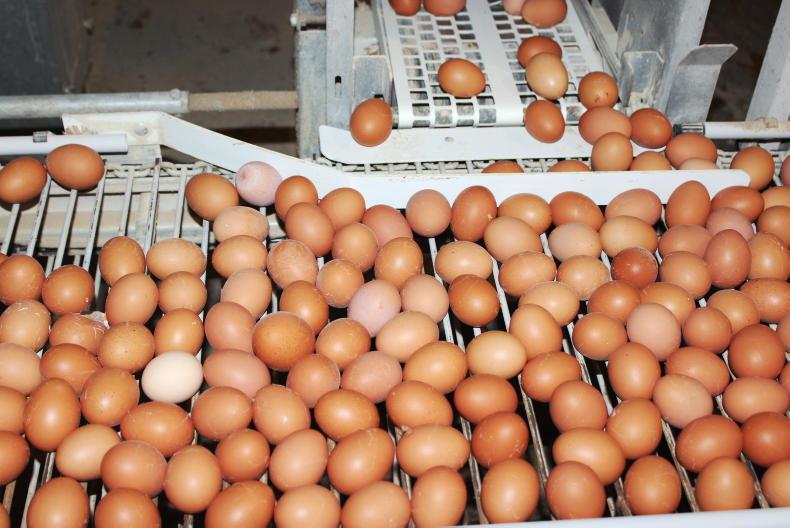
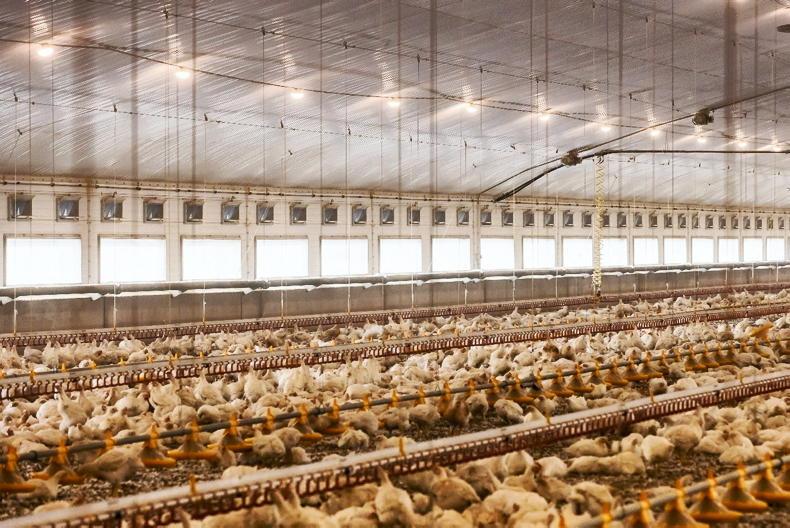

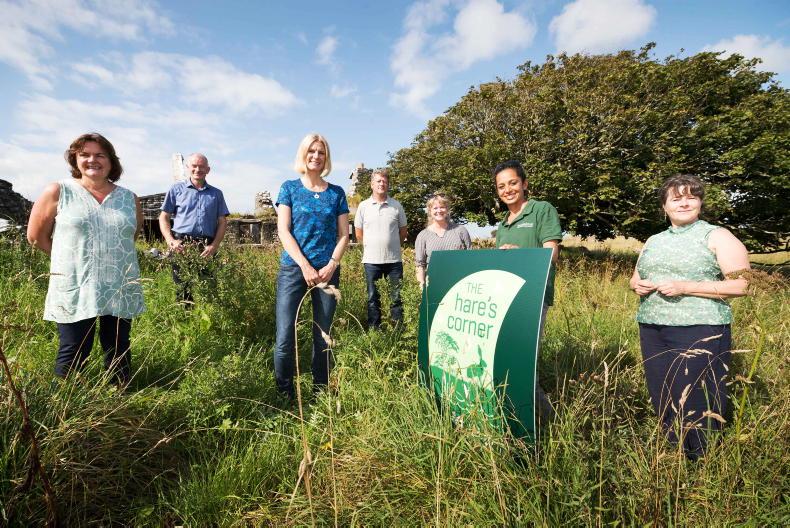
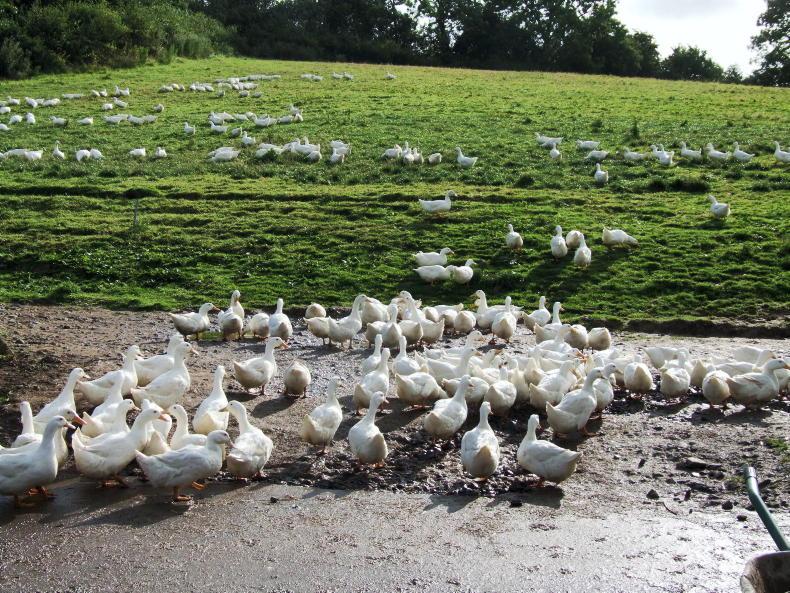
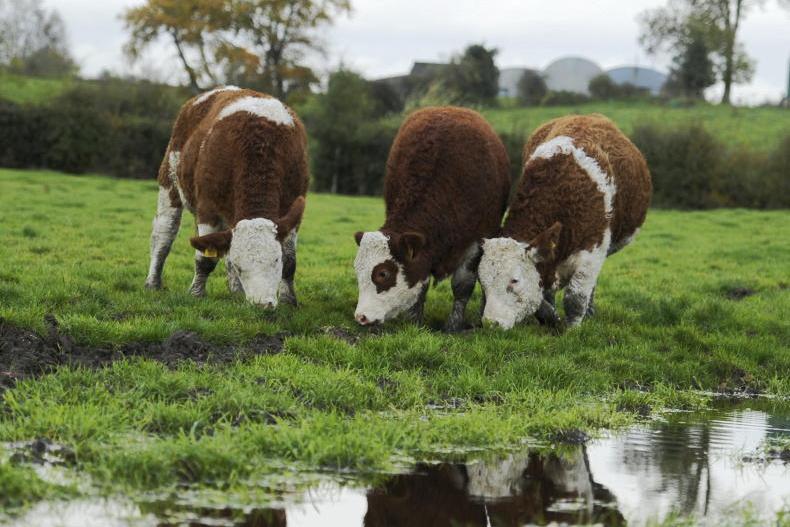
SHARING OPTIONS